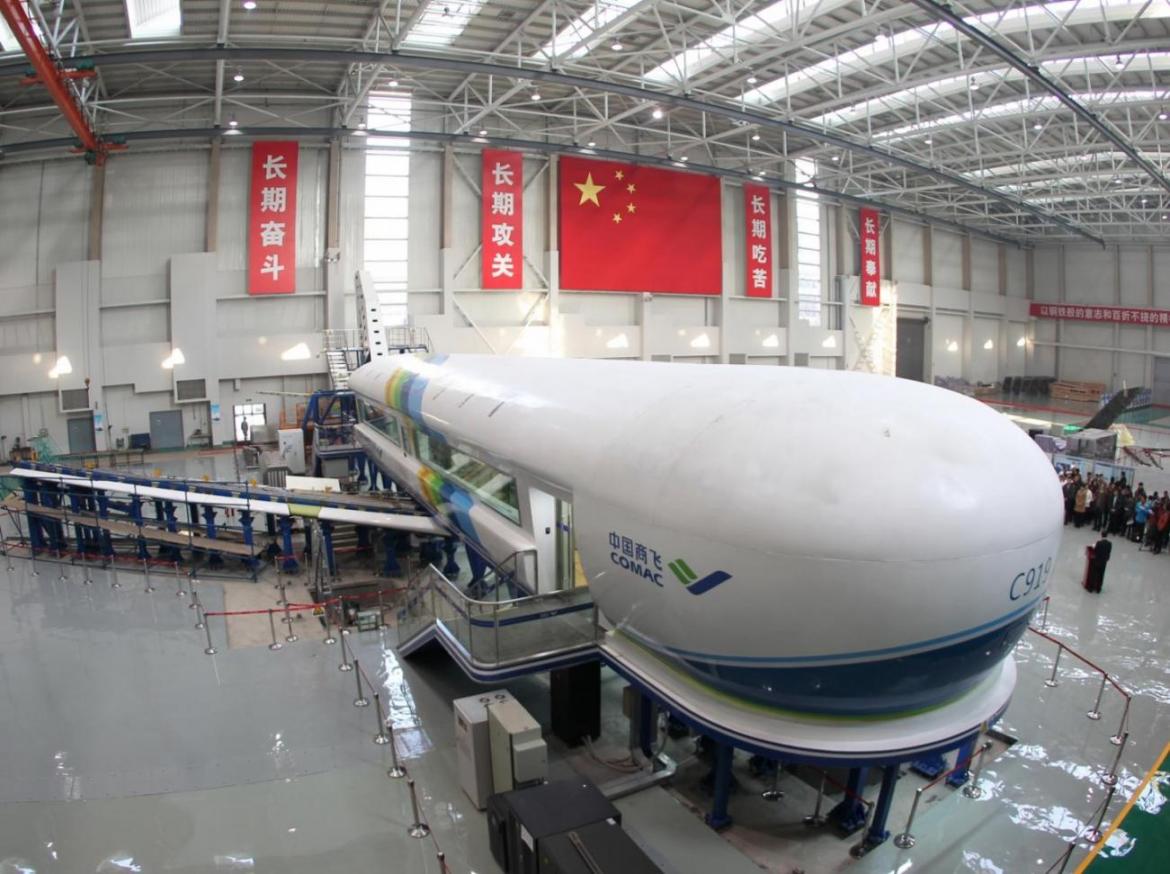Chinese Premier Li Keqiang has reassured that the world’s second largest economy is not in a deflation as its Consumer Price Index (CPI) had recorded positive growth in the first two months of the year.
“China’s CPI recorded a positive growth in January, and an even higher growth in February,” he told a press conference following the closing of the country’s annual parliamentary meeting here, Sunday, Bernama reported.
Li said deflation only occurs when a country is experiencing a negative level of growth on its CPI rate.
Data released by the National Bureau of Statistics (NBS) on March 10 showed China’s inflation rose 1.4 percent year-on-year in February, recovering from a five-year low of 0.8 percent growth in January.
Li also refuted the allegation that China is exporting deflation, instead he believed China is “receiving” deflation.
He said last year, China imported a total of 310 million tons of crude oil and 930 million tons of iron ore.
“The volume of the imports has been maintained, however, the value of imports had dropped due to the tumbling global oil prices,” he said, adding that he hoped the global economy would regain the momentum in its recovery and post robust growth.
Ample Room for Stimulus
The Chinese government has more weapons in its arsenal to boost its economy, he said as he sought to ease concerns about flagging growth, AFP reported.
Li earlier this month reduced China’s annual growth target to “approximately seven percent”, the lowest since a similar goal in 2004. The economy expanded 7.4 percent last year, the slowest pace in nearly a quarter of a century.
Fears are growing that Chinese expansion, a key driver of the global economy, may slow further after official data released last week showed production, consumption and investment growth all fell to multi-year lows.
Authorities have so far avoided big-ticket incentives to bolster growth like the unprecedented four-trillion-yuan (now $640 billion) stimulus package Beijing deployed at the height of the global financial crisis.
But Li signaled that more measures could be taken, telling reporters: “We still have a host of policy instruments at our disposal.”
Beijing was prepared to “step up our targeted macro-economic regulation” to boost market confidence if growth slowed to approach the “lower limit of our proper range” and threatened employment and incomes.
“The good news is that in the past couple of years we did not resort to massive stimulus measures for economic growth,” he said after the close of the country’s Communist-controlled National People’s Congress legislature.
That gave authorities “fairly ample room” to act, he said. Top Chinese leaders have said the economy is in a delicate transition away from decades of double-digit annual growth to a new, slower model that authorities say is more sustainable, a stage that they have branded as “new normal”.
Dismisses Theories
Li dismissed theories that China’s boom has seen it overtake the US to become the world’s number one economy, describing such purchasing power parity calculations as a “misleading exaggeration”.
“According to authoritative standards, China is still the second-largest economy in the world,” he said, stressing that it remained “behind about 80 countries in the world” in terms of per capita GDP.
“China is still a developing country in every sense of this term.” Underlining official concerns over the economy, the central People’s Bank of China cut benchmark deposit and lending interest rates in late February for the second time in three months, citing “historically low inflation”.


